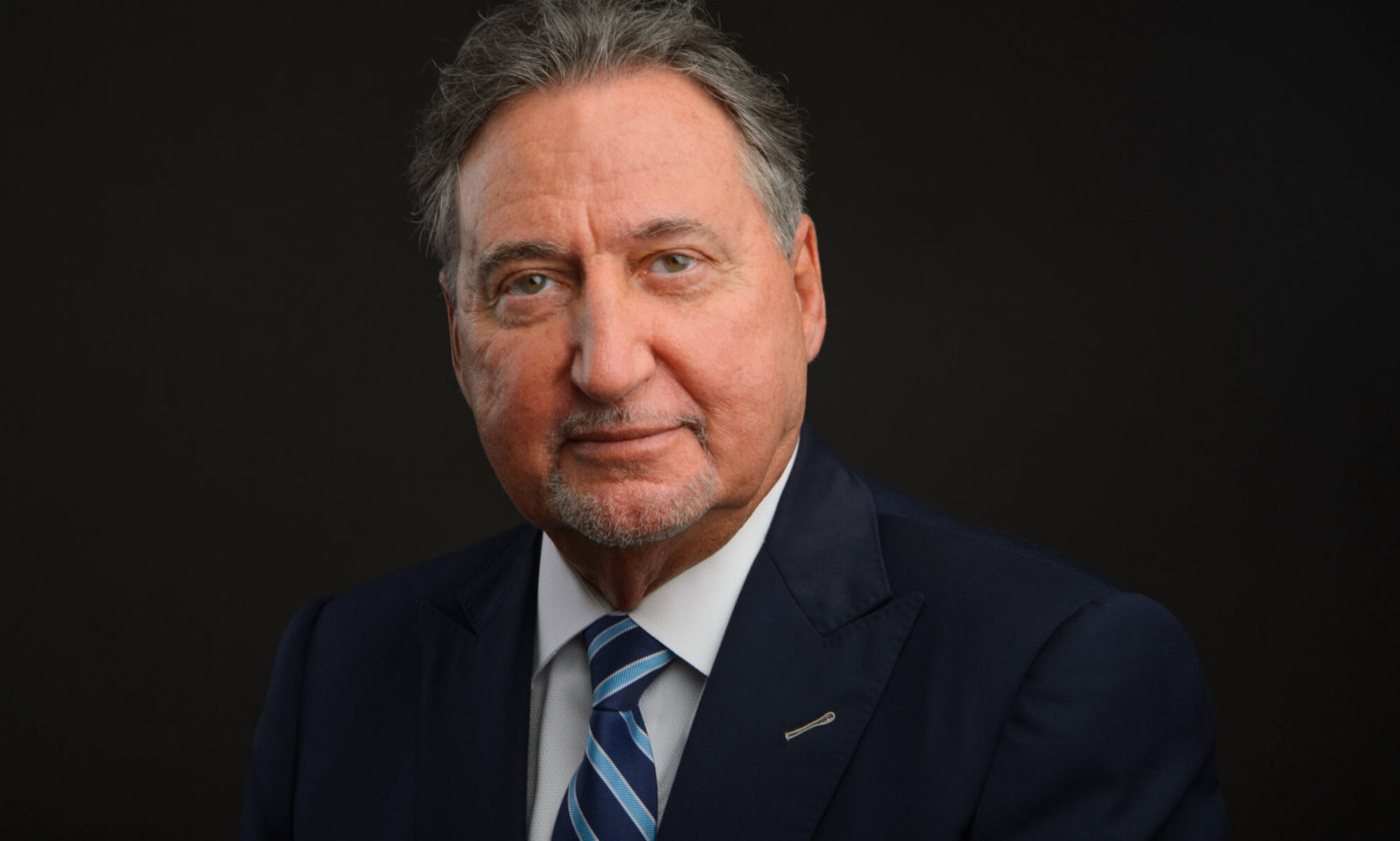 |
| Patrick Ducharme |
When the Rules of Evidence and Procedure May Be Relaxed – In Aid of A Beleaguered Accused
The Supreme Court of Canada in Spence1 established that technical, procedural requirements would be trumped, if required, in order to ensure fairness and the appearance of fairness from the perspective of the accused, which the court determined to be the primary factor. Additionally, in Lyttle2 the Supreme Court of Canada stated that just as the right of cross-examination itself is not absolute, so too are its limitations. Trial Judges enjoy, in this as in other aspects of the conduct of the trial, a broad discretion to ensure fairness and to see that Justice is done and “seen to be done”. This discretion to relax the rules of procedure has extended to relaxing the rule of relevancy, and, relaxing in favour of the accused a strict rule of evidence where it is necessary to prevent a miscarriage of justice or where the danger against which the exclusionary rule aims to safeguard does not exist.3
Continue reading “When the Rules of Evidence and Procedure May Be Relaxed – In Aid of A Beleaguered Accused”



